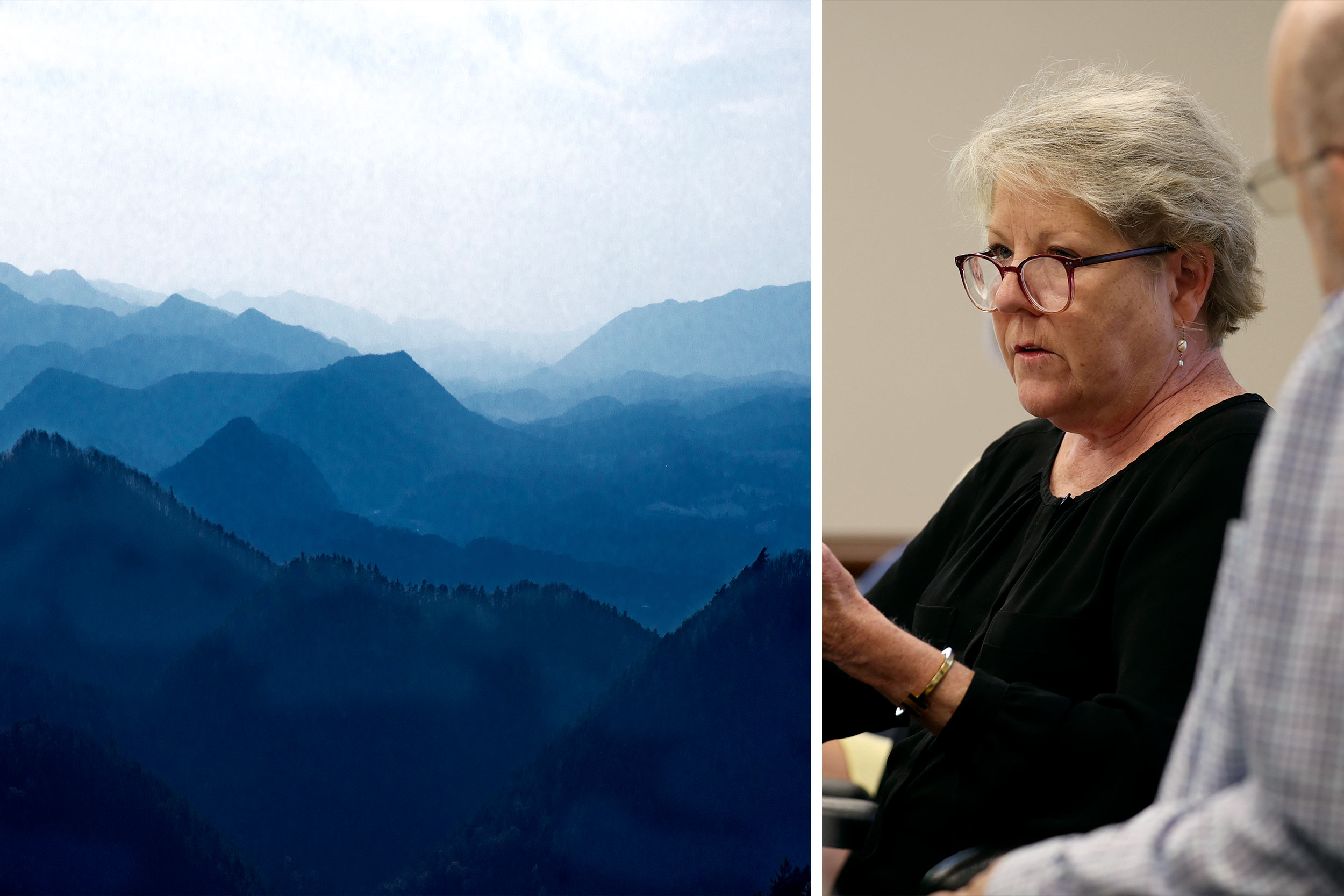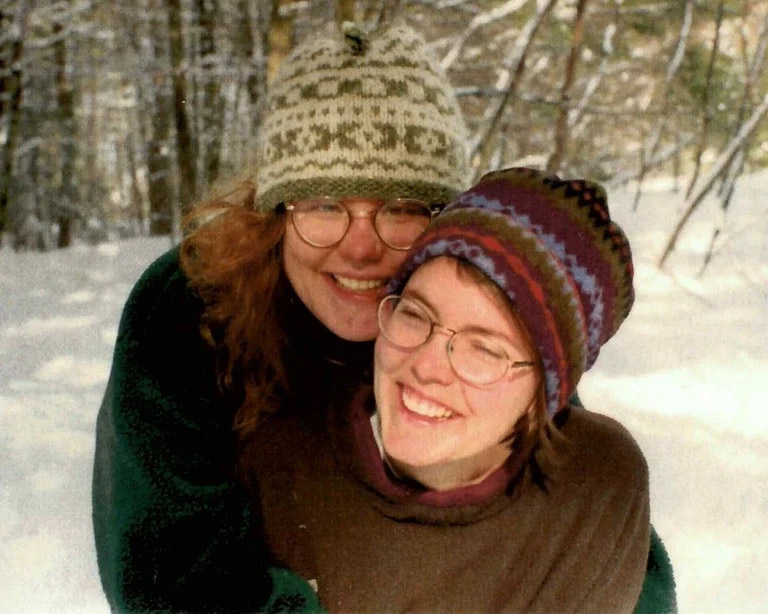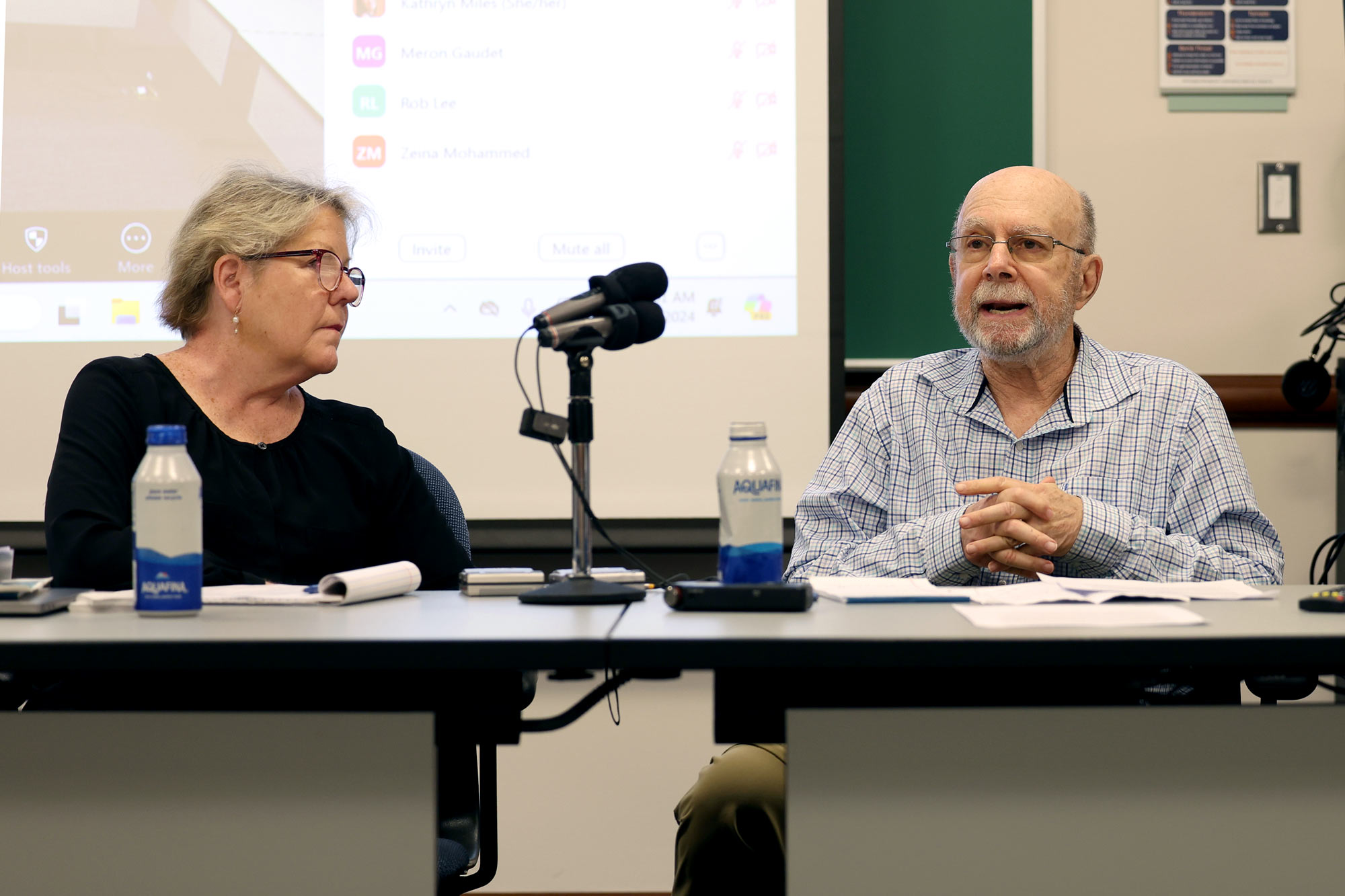In 2001, Rice – who at the time was serving an 11-year prison sentence, having pleaded guilty to the attempted abduction of a female cyclist in Shenandoah National Park in 1998 – was charged with capital murder in the deaths of Williams and Winans.
Enright and Zerkin say the government failed to properly investigate the crime and conspired to frame Rice for the two killings and others.
Enright said in addition to failing to properly test the evidence, the government placed a paid informant in Rice’s cell to try to gain, with no success, a confession from him for years.
“He (the informant) wrote to Darrell for years, visited him, trying to get a confession out of him,” Enright said.
In 2021, 25 years after the murders occurred, an FBI team in Richmond began reviewing evidence from the crime scene in Shenandoah National Park. In a statement Thursday, the FBI reported the team recently tested evidence and found a positive match, linking the items to Walter “Leo” Jackson Sr., a convicted rapist originally from Ohio, who died in prison in 2018.
Both Zerkin and Enright have publicly questioned why the evidence was not tested sooner and why other theories or leads were ignored, including a waitress who, Zerkin noted Monday, placed the victims at a park lodge at a time that differs from the authorities’ timeline.
The prosecutor originally claimed Rice “intentionally selected his victims because of his hatred of women and homosexuals.” More recently, authorities have admitted there is no evidence of anti-LGBT bias in this case.
While he has been cleared, Rice’s team said he is in hiding, where he spends most of his time now. Rice’s sister, Dawn Metcalfe, said the recent developments have brought her “both a sense of relief and … bewilderment.”
“I am deeply troubled that the FBI possessed DNA evidence since 2011 and didn’t get around to testing until now. What possible explanation could they have, other than their ongoing efforts to destroy my brother?” Metcalfe wrote on behalf of her brother, in a statement read at Monday’s press conference.
After 27 years of being haunted by false claims, denied employment, and ostracized by their communities, “for Darrell,” she wrote, “it’s too late for a normal life. … It could hang over his head forever.”
Enright said without changes to the legal system, similar situations could happen again. A UVA Law alumna, a director of the school’s Center for Criminal Justice and leader of its Project for Informed Reform, Enright and the Innocence Clinic also worked toward the release of “Serial” podcast subject Adnan Syed in 2022. Syed was released after 23 years in prison after being convicted of murdering his ex-girlfriend.
“There’s no undoing the damage that’s been done to [Rice],” she said. And “there’s no mechanism in place to prevent things like this happening again.”







